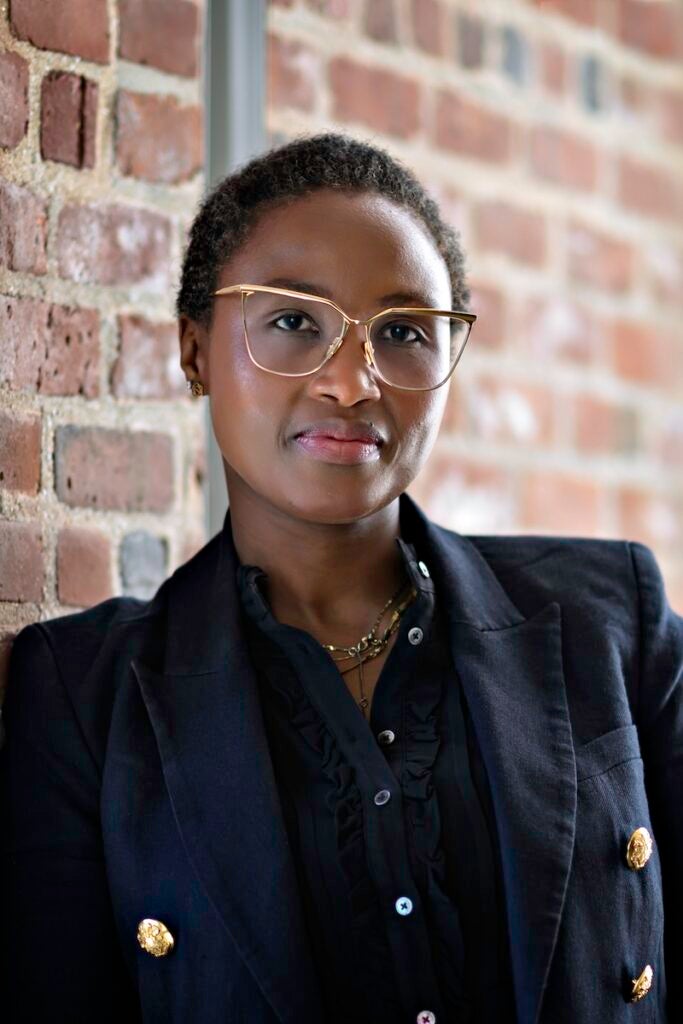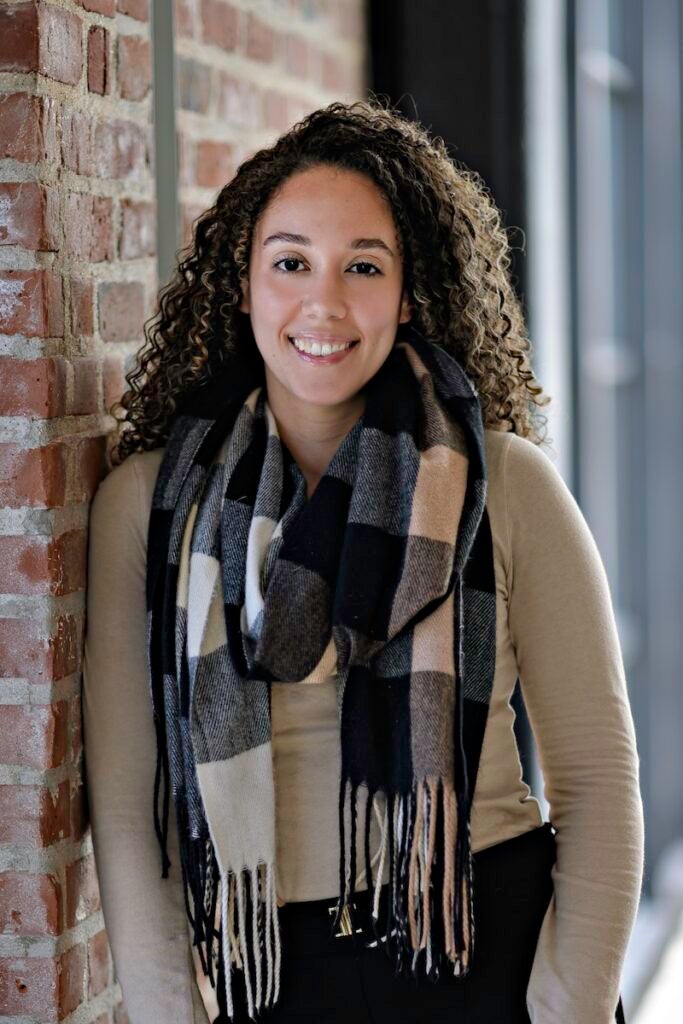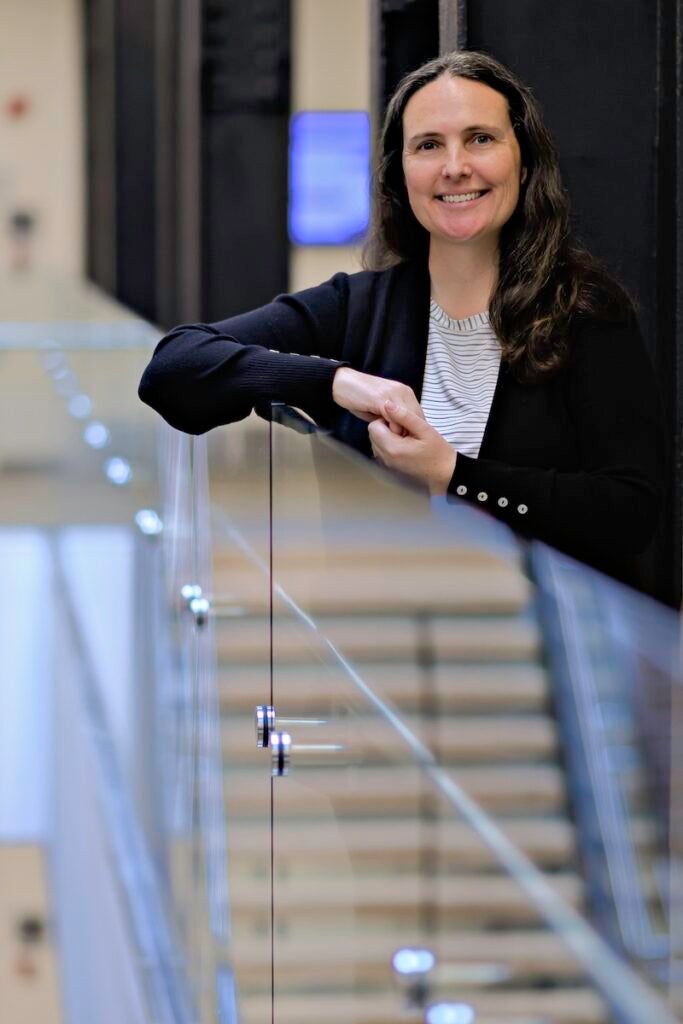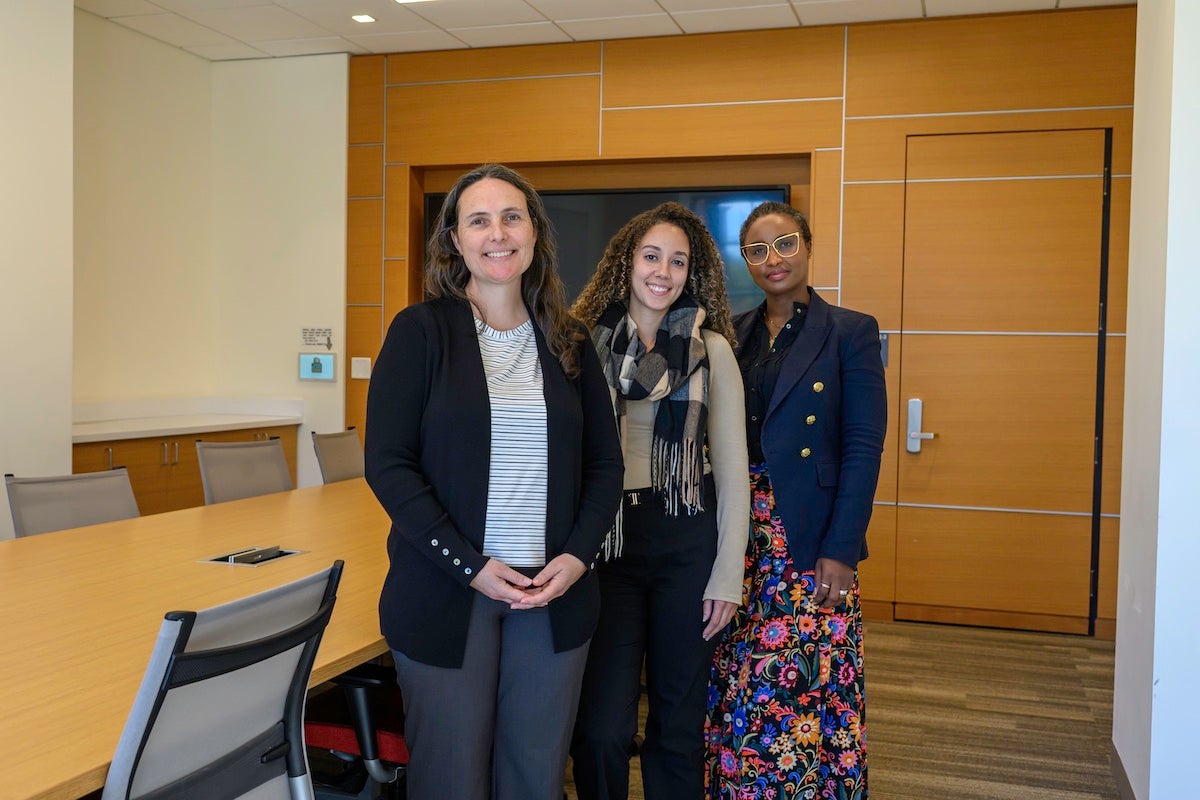Fellowship named for two emeritus professors aims to address national nursing faculty shortage
Three University of Rhode Island College of Nursing graduate students are the latest members of the Dr. Donna Schwartz-Barcott and Dr. Hesook Suzie Kim Nursing Fellowship, which aims to address the national shortage of nursing faculty members, which in turn contributes to a shortage of nurses in the healthcare system.
Named for two former URI College of Nursing professors, the Barcott-Kim Fellowship helps build the faculty pipeline by selecting and supporting registered nurses whose research interest stems from their area of practice. It is part of the College’s concerted effort to expand and enhance its capacity to impact health care, health education, and health research.
“The fellowship is important in so many ways. It will increase access to full-time study and address the nursing faculty shortage,” Schwartz-Barcott said. “These nursing scholars will be able to take insights from practice, generate and synthesize new knowledge and bring this back to the classroom and practice.”
Meet the three new Barcott-Kim Fellows joining Juyoung Kim, who began as a Fellow in 2024:
Susan Wilkinson

Background/experience:
I am a practicing psychiatric nurse practitioner and an entrepreneur. I own my own private practice in Boston, which I opened in 2018—Ally Integrated Healthcare—and we are now up to 13 clinicians. I’ve always seen myself as an ally when it comes to providing mental health treatment to people. It’s in Boston, but I hope to open one in Rhode Island in the near future. I went to graduate school at Boston College to get my psychiatric nurse practitioner degree after having come in through their RN-to-BS program.
Research focus:
My research focus is looking at what it means to be a thriving caregiver in the substance use space. Caregiving is such a taxing, emotionally draining kind of work. Caregiving in terms of elderly care, child care, and cognitive care is supported by society and employers. However, the one group that has not received that support are people who care for loved ones who struggle with substance use. The impact of that on the family dynamics is far-reaching; it impacts everyone, including children’s future. But the stigma shuts the door on support for people, especially in the immigrant community. It motivated me enough that I opened a non-profit—Your Ally Foundation, Inc.—to look at the caregiver role in the immigrant community, educate people about the chronic nature of substance use, and teach people about what it means to take care of yourself so you can continue caring for your loved ones. We have been able to launch in Uganda, Zambia, and Kenya. While I’m at URI, I’ll be looking at populations in the Providence area, probably narrowing it down to alcohol use disorder, which is the most commonly used substance across the board.
What does the Barcott-Kim Fellowship mean for you and your education/career?
I applied for the fellowship to study caregiver fatigue and caregiver distress in the space of substance use. The beauty of having a team here is they were able to clarify for me that this is my life’s work, and I’m very passionate about it, but for the sake of the study, maybe I should narrow it down a bit. I could never have seen that without having a team of knowledgeable, absolutely phenomenal professors, and that’s what URI has done for me.
Why URI?
I met the current dean, Dr. Willis, when I was at Boston College, where he was a professor and one of my advisors. He was so kind, and has always been such an incredible motivator and someone who has really taken on a mentorship role for me. I reached out when he came to URI. I think having a dean who’s someone I’m familiar with, as well as a few other professors here I knew from Boston College, including Dr. Desanto-Madeya, whose class I actually took at Boston College. It felt like home. Everyone has your back here. The beauty of being here is the networking, the connections you get in terms of support.
Future plans?
My hope is that the fellowship empowers me with the tools I need to accomplish the goal of really understanding the caregiver role in the substance use space, and connect with people in that space—policy makers and people who disseminate this kind of information. We go to school and do aIl this work because it needs to get out in the community. My goal is to get into academia, hopefully staying here at URI to give back to the place that has given me so much. Also, continuing to work in research and private practice. I love what I do; it is a calling. They say when you do what you love, it’s not a job. That is true for me.
Gianna Delgado M.S. ’22

Background/experience:
Since middle school, I knew I would work in healthcare. It was a passion I had at an early age, and one that had no backup plan. I volunteered at Women & Infants Hospital all four years of high school, primarily shadowing the CNAs. Toward the end of my senior year of high school, I completed my CNA certificate and started working in long-term care. Once I became an RN, I worked in urgent care, then on the med-surg unit at The Miriam Hospital.
While I enjoyed my role as a nurse, I decided to continue my education and become a family nurse practitioner, with a goal of going back to working in an outpatient setting. It was recommended by a NP I worked with to apply to URI. I graduated from the FNP program at URI in 2022 and have been working at a federally funded organization, specifically their outpatient walk-in center, where I continue to work part-time while completing my nursing Ph.D. degree.
Research focus:
So far in my career, I have been primarily clinical. Research is an interest I have always had, but my plan was to build a strong clinical foundation prior to moving in this direction. Being new to research and with this semester being my first in the program, I have not yet solidified what I will focus on moving forward, but an interest and potential research topic I may look more into is the biopsychosocial risk factors of women with postpartum depression to aid in early detection and early intervention.
What does the Barcott-Kim Fellowship mean for you and your education/career?
The Barcott-Kim scholarship encourages graduate students to pursue teaching in nursing academia. This year, I have been given the opportunity to be a teaching assistant for the undergraduate nursing program and have been finding it rewarding. Prior to this, teaching in a university wasn’t something I gave much thought to, but with this opportunity, I find myself considering this role in the near future to shape and inspire a new generation of nurses, and in turn, indirectly impact the lives of thousands of patients either through those I teach or through those who will use the findings from the research my team and I conduct.
Why URI?
Applying to URI was recommended by a previous coworker, one who I greatly respect and am inspired by. It was seeing his knowledge and his interactions/compassion with patients that inspired me to continue my education, so when he recommended URI, it was a no-brainer for me to apply. I enjoyed my time during the FNP program and seeing the success that came from it now being a provider, it made sense to continue my education here during my journey as a Ph.D. student.
Elizabeth Hathaway M.S. ’08

Background/experience:
I have been a registered nurse since 2003 and a board-certified family nurse practitoner since 2009. I graduated from the University of Connecticut with my bachelor’s degree in 2003, and URI with a master’s in nursing in 2008. I spent most of my career working in intensive care, emergency, and pre-operative areas of a local, community hospital in Connecticut. I also travel on yearly medical mission trips in multiple countries including the Philippines, Haiti, and Mexico.
In 2016, I took a year off work to live and volunteer in Guatemala and worked simultaneously in an orphanage caring for special-needs children, and in a pediatric clinic under the direction of a Guatemalan doctor. During the pandemic, I made the decision to change my career path from clinical to academic and pursue a Ph.D. I started the Ph.D. program at URI in 2021 but took a leave of absence when I became a mother in 2023. This scholarship has made it possible for me to return. After this semester, I will embark on my dissertation phase and hopefully graduate in 2026.
Research focus:
My particular focus is on people with autoimmune diseases. I have co-authored several papers with faculty members in the college, and published a study in 2022 looking at adults with rheumatoid arthritis and socioeconomic disparities. I am currently researching autoimmune diseases in a pediatric population and looking at it through Health People’s 2030 Social Determinants of Health framework.
What does the Barcott-Kim Fellowship mean for you and your education/career?
Previously, I had received two scholarships, but they were no longer available when I returned, so I applied for the Barcott-Kim Fellowship. As stated above, this scholarship is making it possible for me to complete my Ph.D., and I am exceptionally grateful to URI, the College of Nursing leadership and the fellowship committee for bestowing it upon me. I hope to live up to their expectations.
Why URI?
I returned to the URI College of Nursing for my Ph.D. because I had such a positive experience the first time I attended. I also knew some of the faculty members, and that the program has an excellent reputation.
Future plans?
After I complete my dissertation, I hope to continue researching and work as a professor in a university setting.

